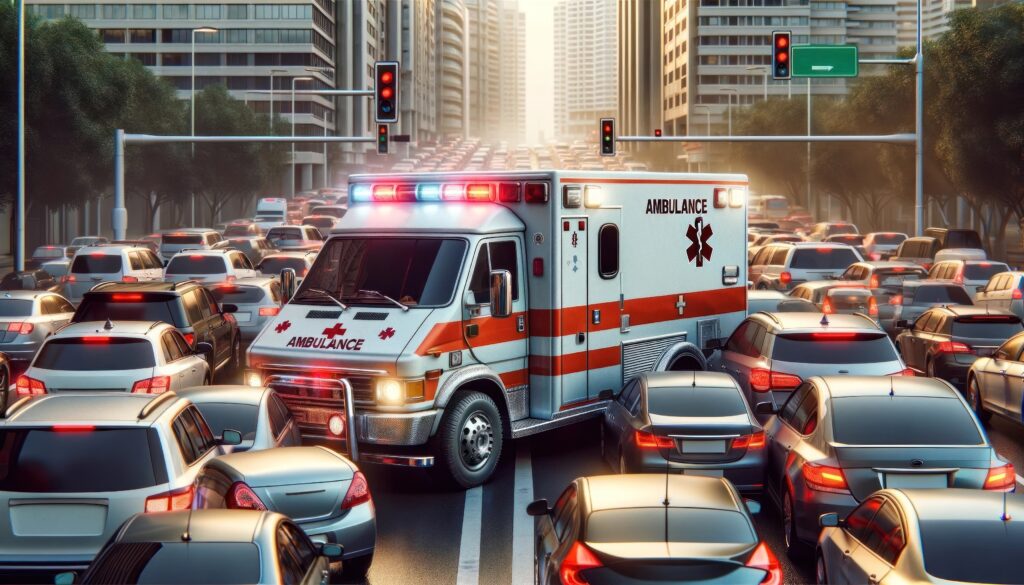
Minor Advisor: Gary Williams, Jr.
Schedule an Advising Appointment
The Emergency Health Systems minor integrates healthcare, public health, and emergency and disaster management knowledge to equip students with the skills needed to effectively assess, triage, and treat patients in emergency and disaster situations.
Students will delve into the principles of emergency medicine, including trauma care, cardiac emergencies, respiratory distress, and neurological emergencies. They will explore the role of EMS within the broader healthcare system, learning about the coordination of pre-hospital care, ambulance operations, and emergency department protocols.
Through hands-on training and experiential learning opportunities, students will gain experience in emergency medical procedures, patient stabilization techniques, and crisis management strategies. They will also start to develop critical thinking and decision-making skills essential for effective teamwork in high-pressure environments.
The minor in Emergency Health Systems is ideal for students pursuing careers as a physician, physician assistant, nurse, other allied health positions, public health, emergency management, or related fields. It provides a valuable complement to majors in healthcare disciplines and offers practical knowledge that is applicable across a range of emergency response settings, including hospitals, ambulatory services, disaster relief organizations, and public safety agencies.
To earn the Emergency Health Systems Minor, in conjunction with a Bachelor of Arts or Science degree in another discipline, students must complete the following requirements with a “C” or better in each course taken.
Emergency Health Systems Minor Download PDF
Required Course: (9-12 credits)
- EDHS 200 Introduction to Emergency & Disaster Health Systems (3 credits) GEP SS
- EDHS 340 Cultural Diversity in Healthcare (3 credits) GEP C
Complete either EMT (6 credits) or EMR Certification (3 credits)
- EDHS 102 Emergency Medical Responder** (3 credits)
– OR –
- EDHS 202* Emergency Medical Technician I** (EMT-Basic Part I) (3 credits)
- EDHS 203* Emergency Medical Technician II** (EMT-Basic Part II) (3 credits)
*Students must complete both sections of the EMT-Basic for credit towards minor.
**A student cannot use both EMR and EMT courses towards the Emergency Health Services Minor.
Elective Courses: (6-9 credits) At least 6 credits have to be upper level (300 level or higher)
- EDHS 115 Medical Terminology (3 credits)
- EDHS 300 Special Topics in Emergency and Disaster Health (3 credits)
- EDHS 311 Stress & Burnout: Personal and Professional Issues (3 credits) GEP SS
- EDHS 330 Management of Search and Rescue Operations (3 credits)
- EDHS 345 Death and Dying (3 credits) GEP SS
- EDHS 351 Financial & Personnel Management (3 credits)
- EDHS 400 Program Planning: Theory, Implementation, and Evaluation (3 credits)
- EDHS 430 EHS Epidemiology and Health Research Methods (3 credits)
(STAT 121 or STAT 350 prerequisite) - EDHS 431 Leadership, Crisis and Risk Communication (3 credits)
- EDHS 432 EDHS Law and Policy (3 credits)
- EDHS 470 Emergency Response to Crisis (3 credits)